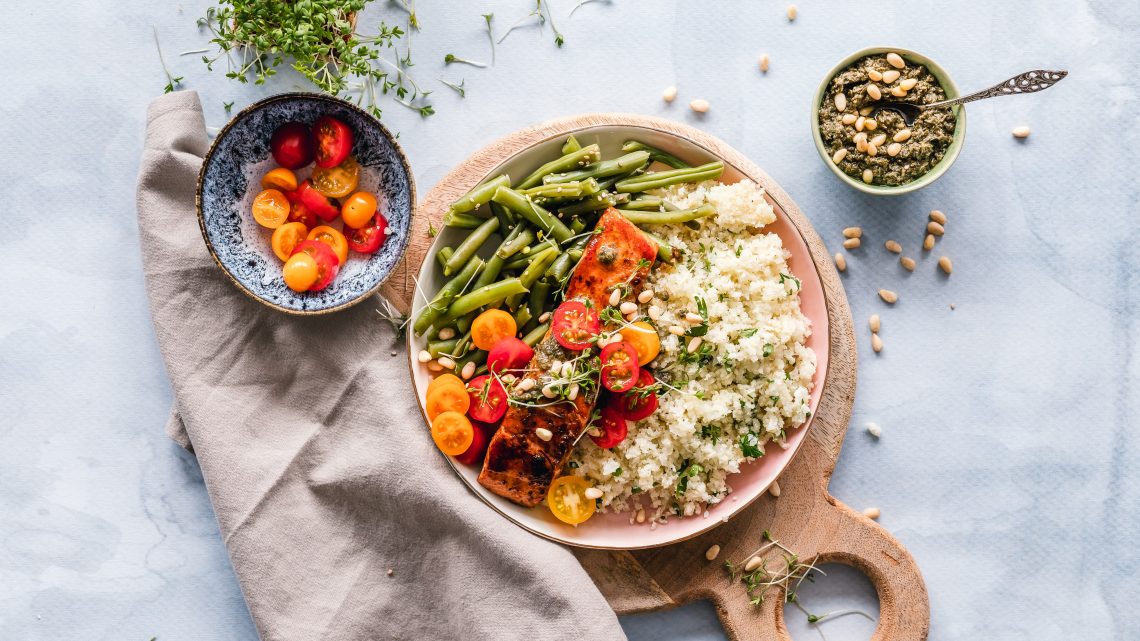The Path to Optimal Happiness and Health: A Journey Towards Living Your Best Life
Living your best life involves active management of your physical and mental well-being. In this balanced approach to lifestyle, you take both your body and mind into account to achieve optimal happiness and health. This detailed guide offers a cluster of strategies, insights, and scientific facts to help you lead a balanced life. Keep reading, and prepare for a journey toward your best life.
Unlocking the Power of Nutrition
Investing in your health through proper and balanced nutrition can lay down the groundwork for a fruitful life. A balanced diet comprising all essential nutrients is vital for maintaining your physical health that can handle the rigours of daily life. A popular way to supplement your daily nutrient intake is through protein powders. These powders typically supply instant portions of proteins, the building blocks for your muscles. Due to their growing popularity and endless options in the market, protein powder discounts can offer great deals to enhance your intake of essential nutrients.
Moreover, nutrition also plays a critical role in enhancing brain function. The mind and body are interconnected. And a stress-free mind is impossible when your body is grappling with nutritional deficiencies. Dietary factors can influence brain activities and emotions.
Importance of Lifelong Learning
A balanced life entails continuous learning and skill development. Continuous learning can prove effective in maintaining mental agility, creativity and broadening our knowledge spectrum. In an era of the internet, access to knowledge is not a constraint anymore. The internet offers endless opportunities to learn something new each day. For instance, if you aspire to become a paralegal, you can opt for ABA-approved online paralegal programs that provide a flexible learning pathway.
Learning can never be redundant, irrespective of our age. Also, in this rapidly changing world, standing still may mean moving backwards. This consistent change requires us to equip ourselves with new knowledge and fresh perspectives. Therefore, staying abreast and being highly adaptable to changes is crucial for personal and professional growth.
The Power of Human Connection

Humans are social beings, and hence, relationships and social interaction play a vital role in our mental health. A strong sense of connection and bonding with our loved ones can help enhance our emotional health. Deep and meaningful relationships provide emotional support and shared experiences that can light our life. Also, social interaction can help alleviate feelings of stress, loneliness, and depression.
Building healthy relationships entails open communication and mutual respect. It also involves proactively investing in those relationships, spending quality time, and creating shared memories. Thus, creating deep human connections is not just about the number of people we know – it is about the quality of bonds we share with them.
Altogether, nurturing relationships, of all kinds, can help us lead a balanced and fruitful life. These relationships can serve as a safety net that offers emotional support and companionship, necessary for healthy mental well-being. Learning to treasure our relationships and seeking joy in them can make us happier.
Practising Mindfulness
Mindfulness is the awareness and acceptance of our thoughts, feelings, and physical sensations in the present moment. Practising mindfulness can bring us in touch with our own selves and help combat stress and anxiety. Regular practices like meditation, mindfulness exercises, or even mindful eating can help improve mental health, physical health, and overall quality of life.
Meditation, just the practice of a few minutes a day, can improve mental clarity and lower stress. Mindful eating, on the other hand, involves focusing on what and how you eat. This practice can help you savour the moment, be more aware of hunger and fullness, and develop healthier eating habits.
Practising mindfulness allows us to be wholly present in our day-to-day life, appreciating the moments as they come, which in turn can enrich our life experience and boost our happiness.
Overall, living our best life entails balancing our physical and mental well-being through nutrition, continuous learning, fostering relationships, and mindfulness. By adopting these strategies, we can make the journey toward a balanced life enjoyable and rewarding.










